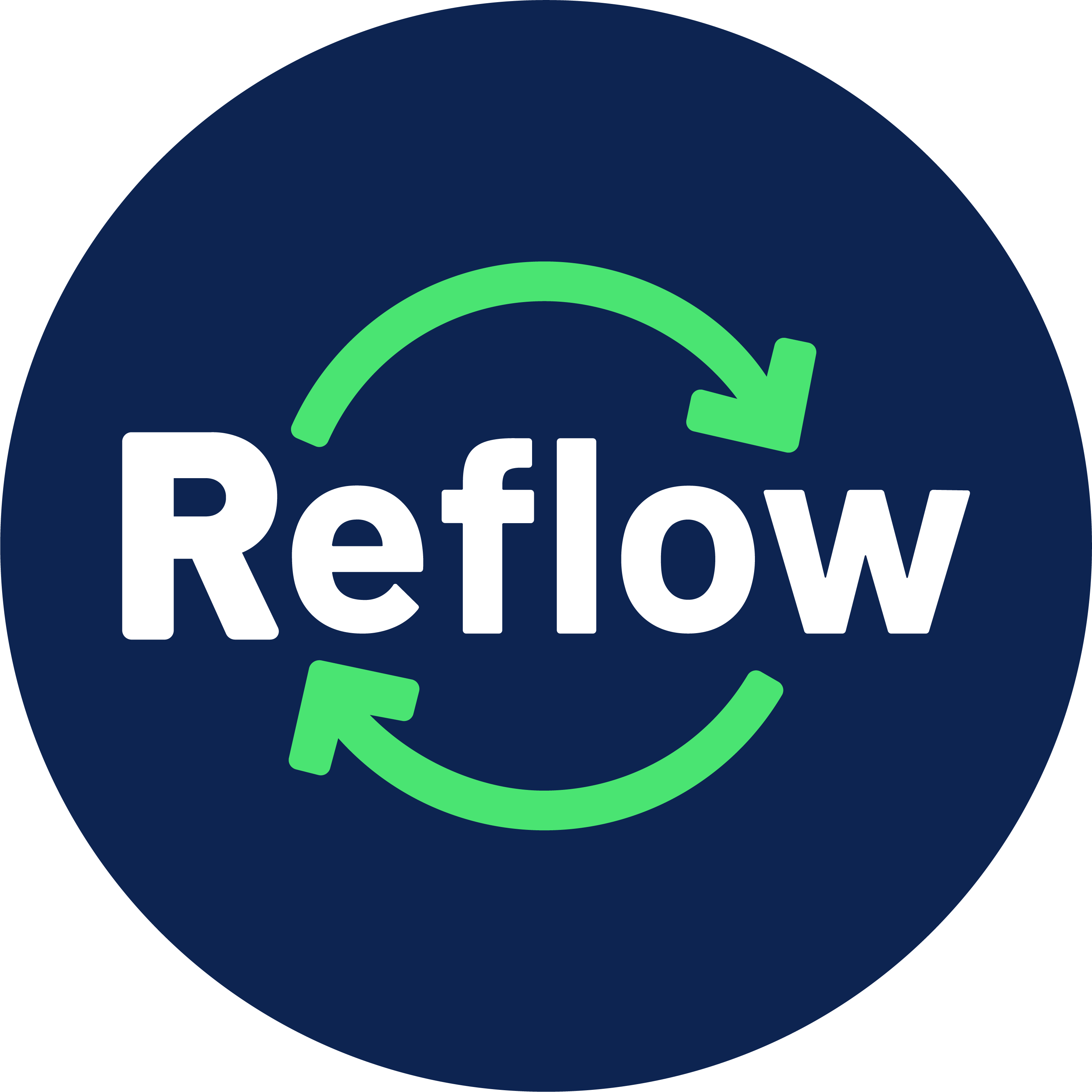REGENERATIVE NEIGHBORHOODS & DE-URBAN DESIGN is a brand new design discipline that emphasises on the effects of the recent massive urbanisation in transforming our world from microbic scale to the global one. De-Urban Design re-imagines progressive changes in human settlements in neighbourhood and urban scale and envision future cities and neighbourhoods as ethical, equitable, and ecocentric living habitats.
How the course works?
The course is a blended course including virtual synchronous sessions, team collaborations and discussions and life-term access to self-paced asynchronous study materials and sessions.
The total Duration of Course : 4 Weeks / 72 Hours
- 16 hours synchronous lessons, lectures, presentations, every Saturday 2:00-6:00 PM GMT
- 24 hours and above self-paced, asynchronous study sessions
- 32 hours collaborative teamwork with the community of participants
Course Outline
Week 1
Introduction to De-Urban Design
- Biodiversity, Web of Life, Ecological Succession
- Centralised, De-Centralised and Distributed Systems
- Urbanisation VS De-Urbanisation
- Transgenerational Design
- Multilayered City, Multi-Scalar Design (Scale of Earth), From Local to Cosmopolitan
- Small scale, slow and interconnected solutions
Week 2
Ethics of De-Urban Design
- Value of Life
- Earth Rights
- Design Restrictions
- Measuring ethical risks of our design / applications
- Which materials / resources to use and how to use them (material/recourses renewal time)
- Sacred Lands
Week 3
Creating a Vision
- Starting with shrinking Cities
- Analysing and Studying the Land
- Identifying Wild-Life Habitats
- Ecological Restoration
- Food Strategies
- Multilayered City Design and Accessibility
Week 4
Conclusion
- Successional and Transition Design
- Regenerative Design
- Metabolism of Cities
- Physiology of Cities
- Pathology of Cities
- Treating Cities
- Healing Cities
What will you get out of it?
In addition to a hugely valuable set of knowledge, skills and experiences which you will get from this course, you will also have the opportunity to closely collaborate with the other participants with similar motivations and interests from all around the world and develop your network. More importantly you will have a life-term access to the learning materials and self-paced sessions which are consistently updated. By successfully completing this course you will also receive a Certificate of Completion.
What are the requirements to receive a Certificate of Completion?
- Active participation and engagement (over 75%) in the virtual synchronous sessions
- Full participation and engagement in collaborative teamwork and assignments
What type of certificate does this course offer?
Ecodemia issues Certificates of Completion for all participants who complete the course successfully and met all the requirements for the completion of this course. Ecodemia’s courses are non-formal and non-academic courses and Ecodemia does not issue any academic credits or degrees. Depending on the academic institution’s policies on the acceptance of the non-formal education certificates as part of the formal degree studies, some institutions may accept these certificates. Applicants are advised to check this with their institution prior to their registration.
Who can take this course?
This course is open to everyone. All you need is a commitment to learn, and knowledge of English language, and access to internet connection and computer.
How many participants attend?
We value discussions, sharing knowledge and experiences, and collaborative peer works and accordingly we limit the number of participants in each course to 25.
More info here
